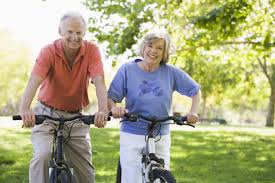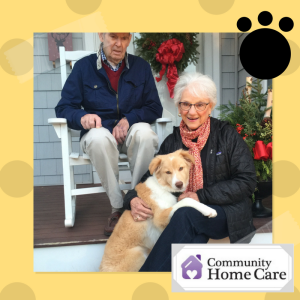Caring for a loved one with dementia poses many challenges for families and caregivers. People with dementia from conditions such as Alzheimer’s and related diseases have a progressive biological brain disorder that makes it more and more difficult for them to remember things, think clearly, communicate with others, and take care of themselves.
Improving your communication skills will help make caregiving less stressful and will likely improve the quality of your relationship with your loved one. Good communication skills will also enhance your ability to handle the difficult behavior you may encounter as you care for a person with a dementing illness.
See below some skills that can help make day to day caregiving a bit easier.
- Set a positive mood. Set a positive mood by speaking to your loved one in a pleasant and respectful manner. Use facial expressions, tone of voice, and physical touch to help convey your message and show your feelings of affection.
- Get the person’s attention. Limit distractions and noise—turn off the radio or TV, close the curtains or shut the door, or move to quieter surroundings.
- State your message clearly. Use simple words and sentences. Speak slowly, distinctly, and in a reassuring tone. Use the names of people and places instead of pronouns (he, she, they) or abbreviations.
- Ask simple, answerable questions. Ask one question at a time; those with yes or no answers work best. Refrain from asking open-ended questions or giving too many choices.
- Break down activities into a series of steps. This makes many tasks much more manageable. You can encourage your loved one to do what he can, gently remind him of steps he tends to forget, and assist with steps he’s no longer able to accomplish on his own. Using visual cues when possible.
- When the going gets tough, distract and redirect. If your loved one becomes upset or agitated, try changing the subject or the environment.
Finally, remembering the past is often a soothing and affirming activity. Many people with dementia may not remember what happened 45 minutes ago, but they can clearly recall their lives 45 years earlier. Therefore, avoid asking questions that rely on short-term memory, such as asking the person what they had for lunch. Instead, try asking general questions about the person’s distant past—fond memories that they enjoy talking about. This will help set a positive mood and open the lines of communication and trust.









